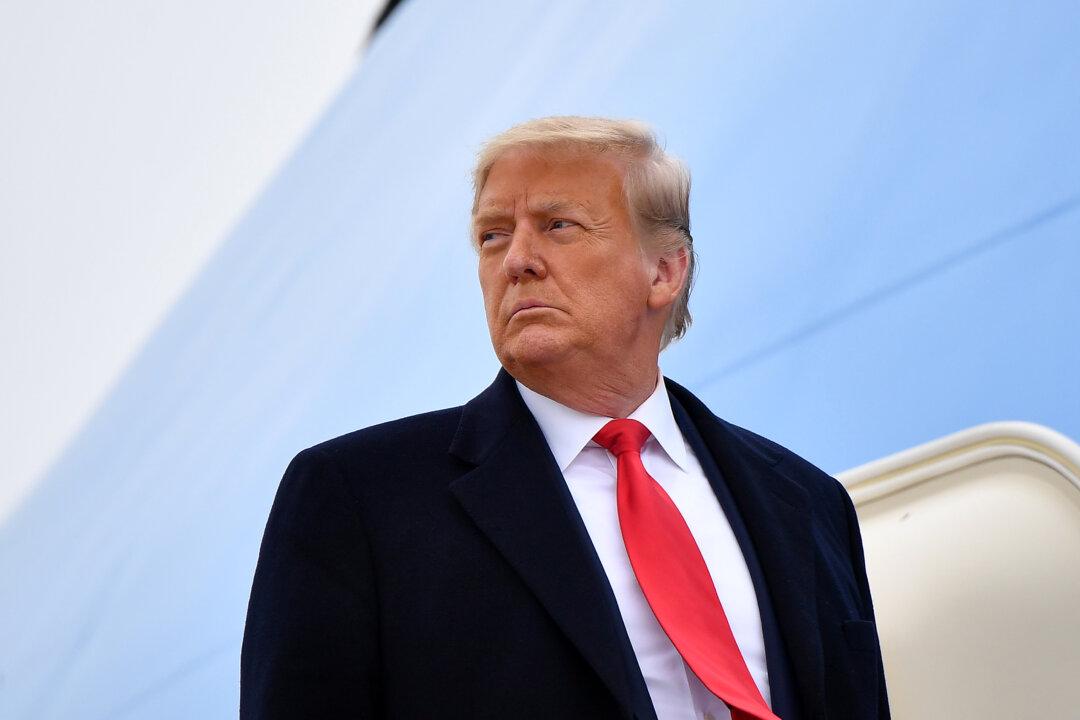News Analysis
For four years, former President Donald Trump’s administration broke with previous U.S. governments to confront the Chinese Communist Party (CCP) head-on, pushing back against its malign actions aimed at remodeling the world to its own brand of techno-totalitarianism.





